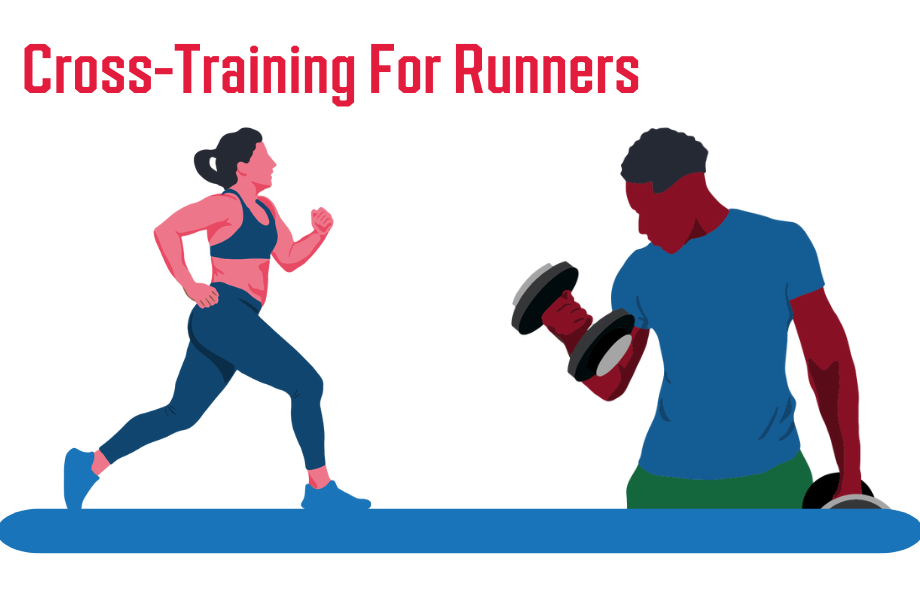
How Often Should You Run As a Beginner?

It doesn’t really take much to start running. It is something we do as part of natural locomotion. Human beings evolved as runners when they had to hunt down prey for food, which required a good deal of running. In a more contemporary context, running has some well-proven benefits that contribute to your overall well-being. To begin with, lets understand how often should you run.
How often should you run?
- Running every alternate day thrice a week is enough. Rest days will help you recover from the stress of training and adapt progressively to a new routine.
- The duration of each run may start from one being on one’s feet for about 30 minutes during training. Over a period of 4 to 6 weeks, you can gradually increase it to 45 to 60 minutes.
- On days between runs, do other forms of less strenuous exercises, which will help in recovery and/or increase the strength of support muscles. Strength training, walking, yoga, or swimming are recommended on non-running days. Go for a moderate training intensity, so you do not have to take many breaks to complete a workout of 30 minutes. High-intensity exercises will not only increase your recovery time but make you susceptible to injuries as well.
- 4. Even when running thrice a week, you should take stock of fatigue and step back if there is a build-up of exhaustion and/or aches that won’t go away. Watch out for signs such as irregular sleeping patterns, fatigue, and drowsiness.
- It is also essential to take one day of complete rest every week to prevent mental burnout.
Also read: Rest Days for Runners: How To Do It Right
A sample training schedule could look like this:
- Monday: Rest
- Tuesday: Easy run (at a conversational pace) – 30 mins
- Wednesday: Strength training/ yoga/ walk/ swim – 30 minutes
- Thursday: Easy run – 30 minutes
- Friday: Rest
- Saturday: Easy run – 30 minutes
- Sunday: Strength training/ yoga/ walk/ swim – 30 minutes
If you are not able to run for 30 minutes at a stretch, break it down into 5-minute blocks, where you run
for a minute and then walk for 4 minutes. You can repeat this routine 6 times to complete a duration
of 30 minutes
Benefits of running
As you are just getting started on your running journey, you need to be aware of its key benefits.

1. Cardiovascular benefits
- Strengthening of the myocardium (heart muscle)
- Increased stroke volume
- Increased blood volume
- Lower resting pulse rate
2. Respiratory benefits
- Improved tidal volume (amount of air inspired and expired in one breath)
3. Metabolic benefits
- Increase mobilization and usage of fat
4. Musculoskeletal benefits
- Lean body mass
- Maintenance of bone density
- Ligament and tendon strength
5. Psychological benefits
- Decreased anxiety
- Increased vigor
- Better sleep
- Improved self-image
What happens if you don’t rest enough after training? The diagram below helps explain it: You apply a training load and then allow recovery from fatigue before applying a load once more. If recovery is not enough, it leads to reduced capacity and injury.

Remember, it’s important to treat your body with respect, and more so, if you are in a sport like running. Running regularly is hugely beneficial, but it also requires you to listen to your body. Too much of anything does more harm than good. Be smart about your training, and enjoy yourself as you work your way towards your goals.
For more interesting information on running, you can also listen to our podcast, Run with Fitpage which covers interesting details on running.













